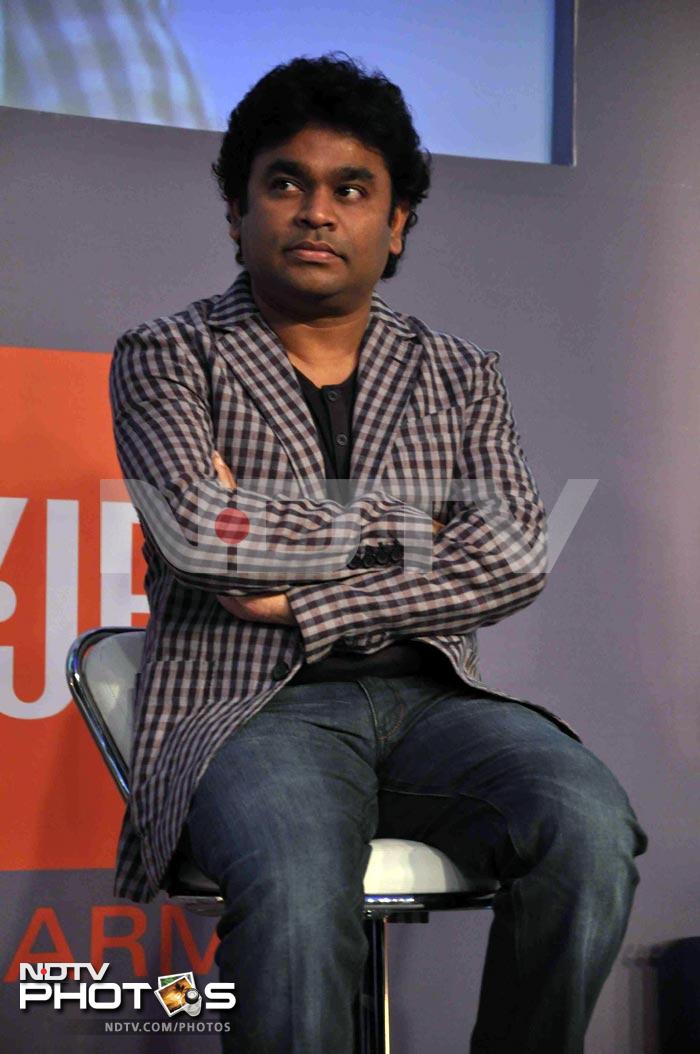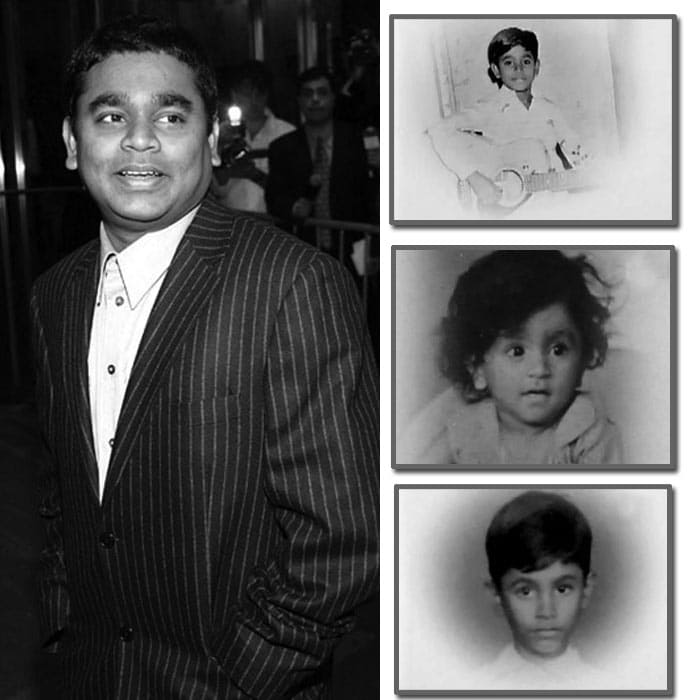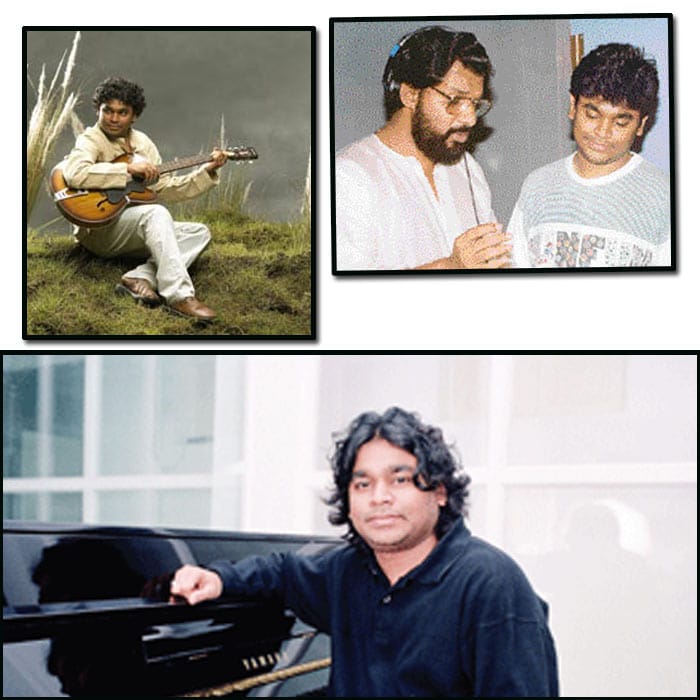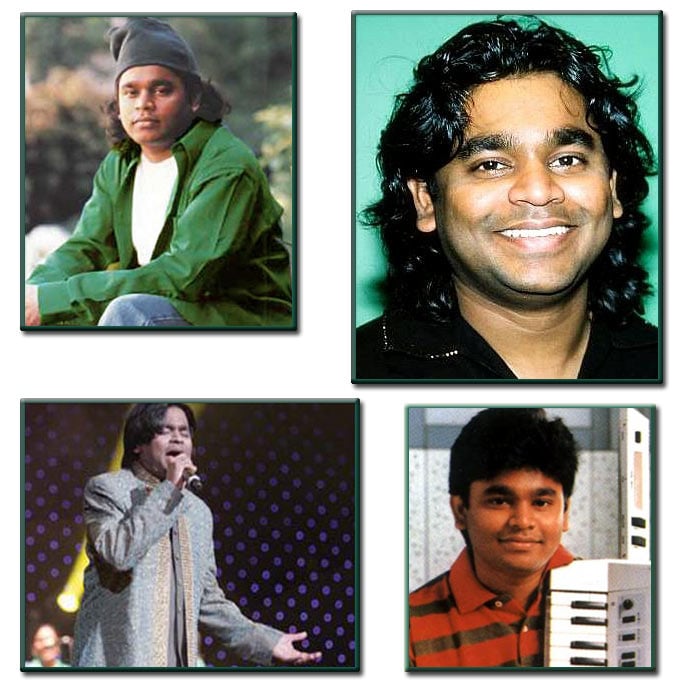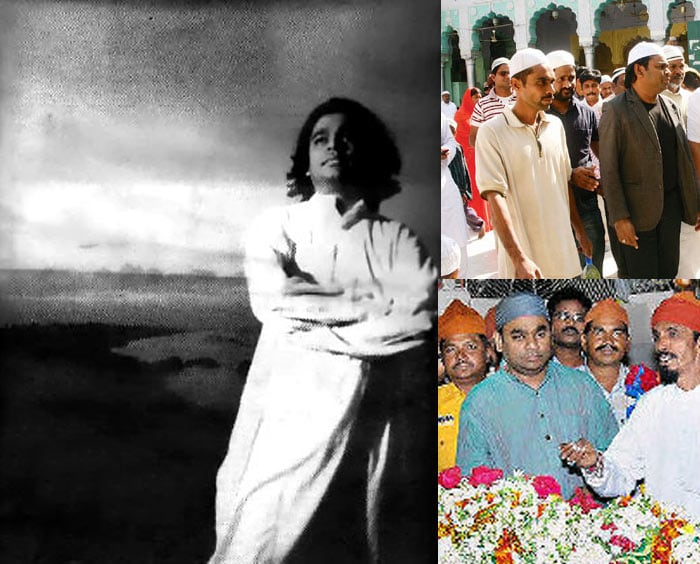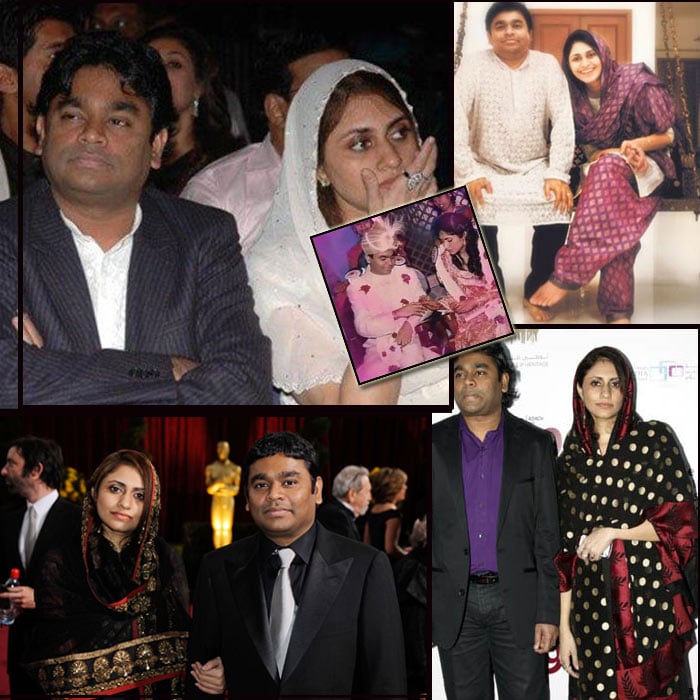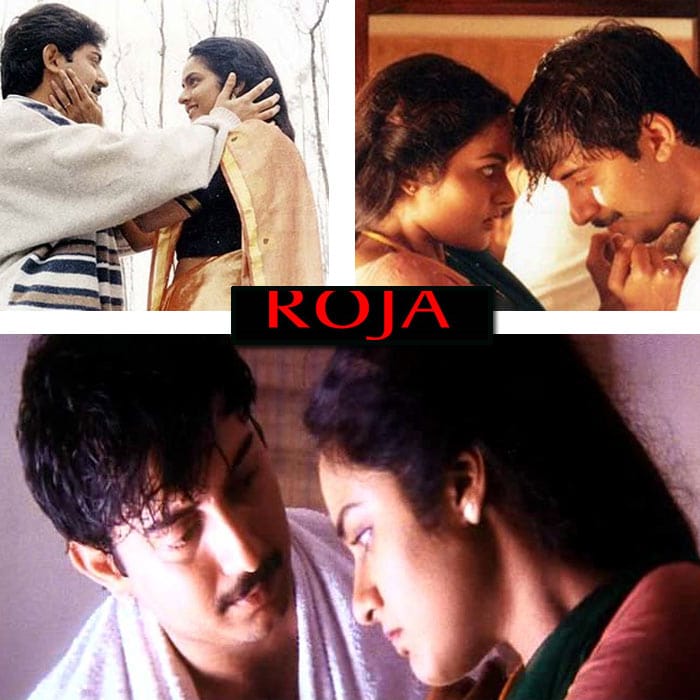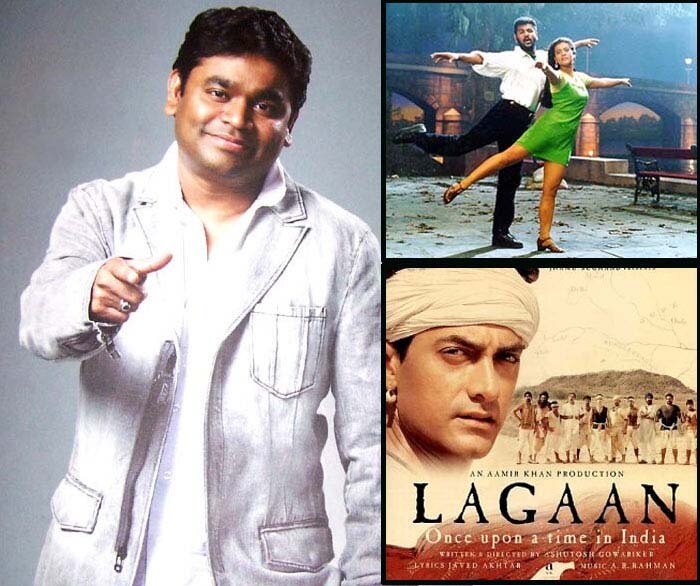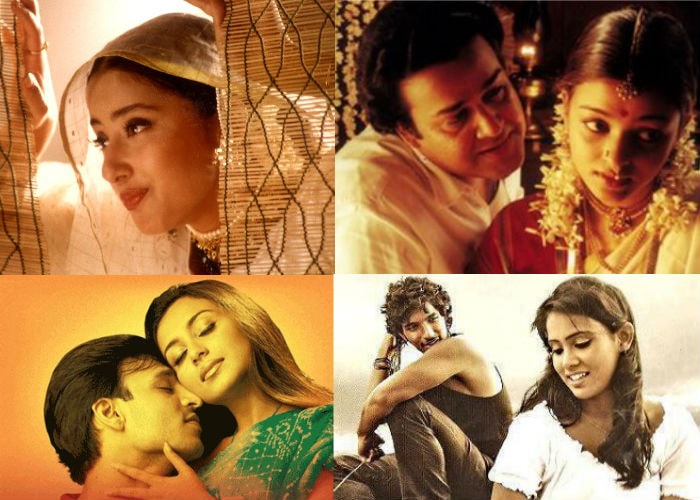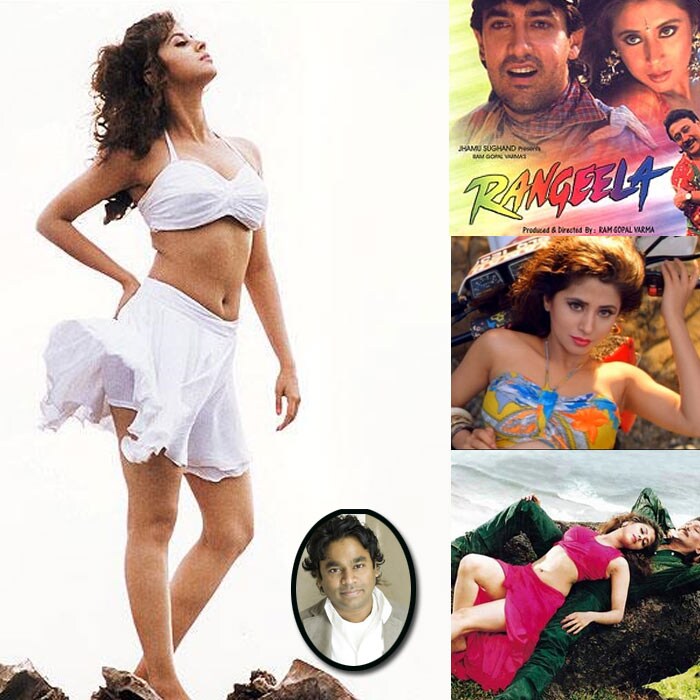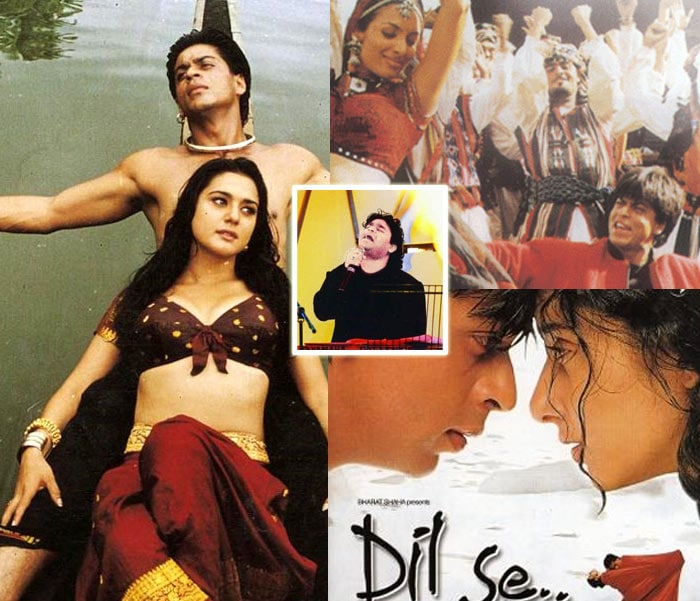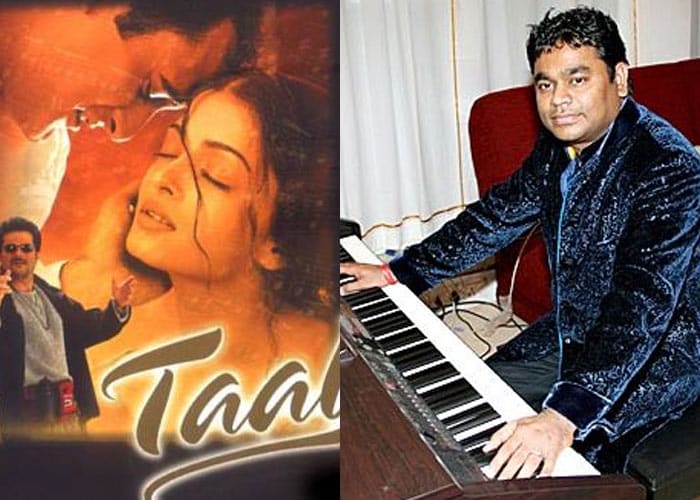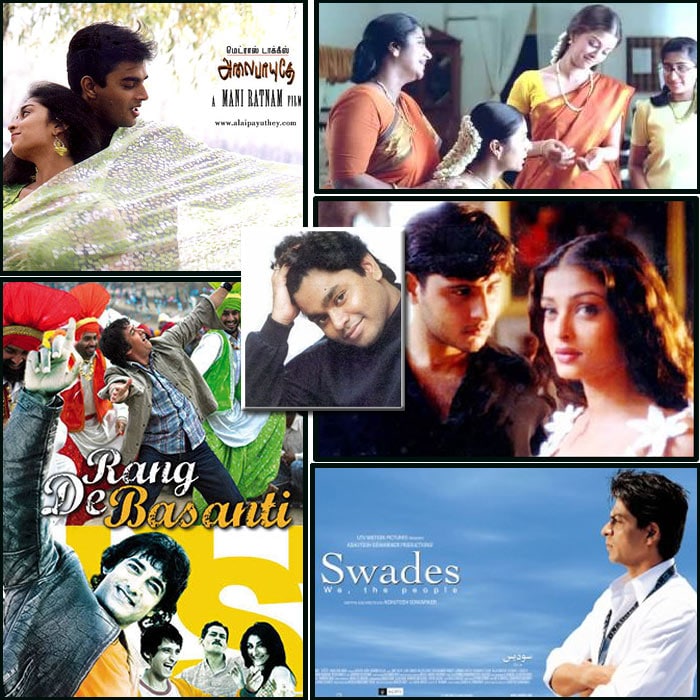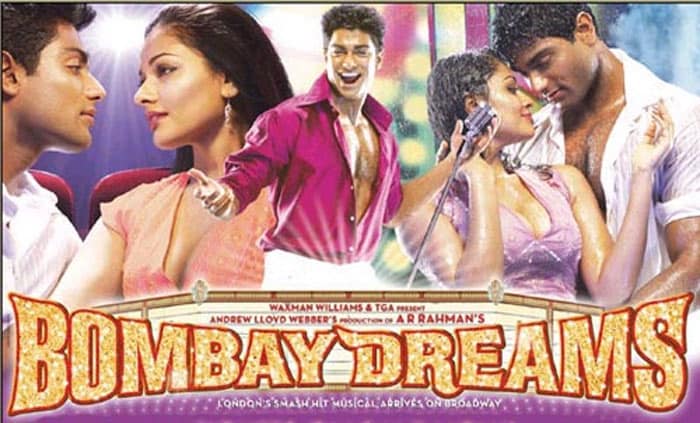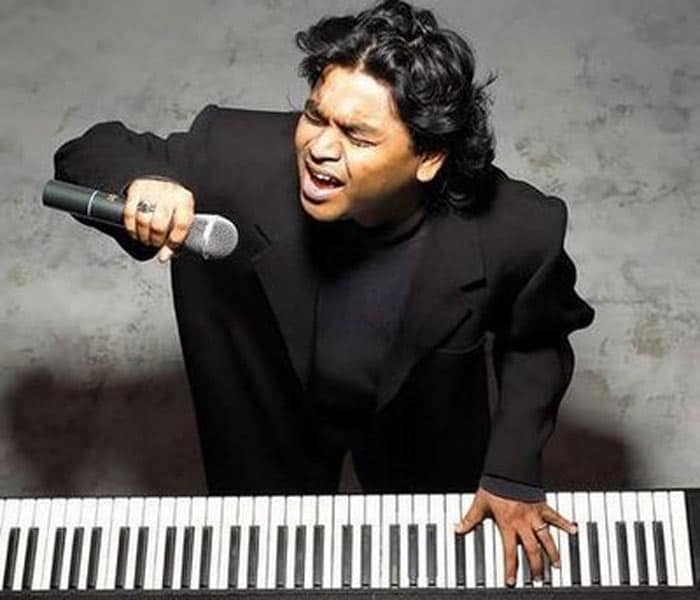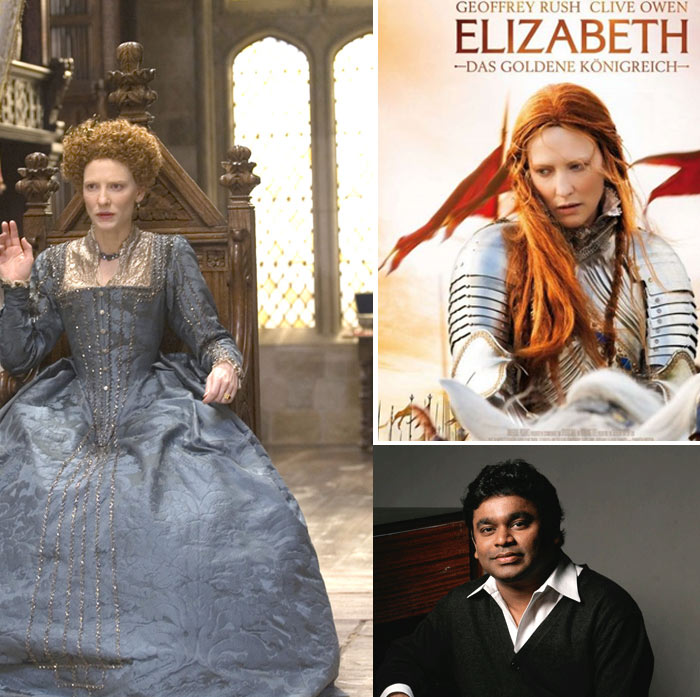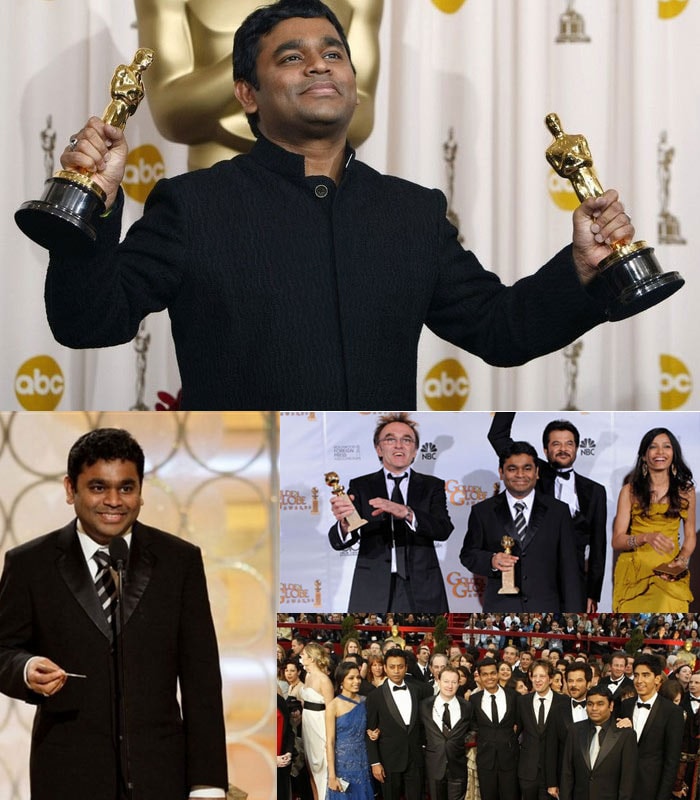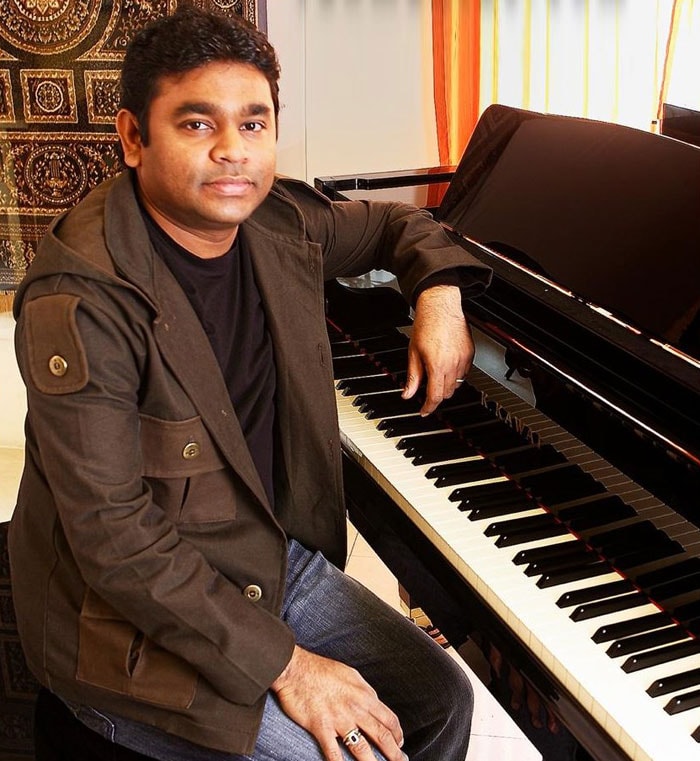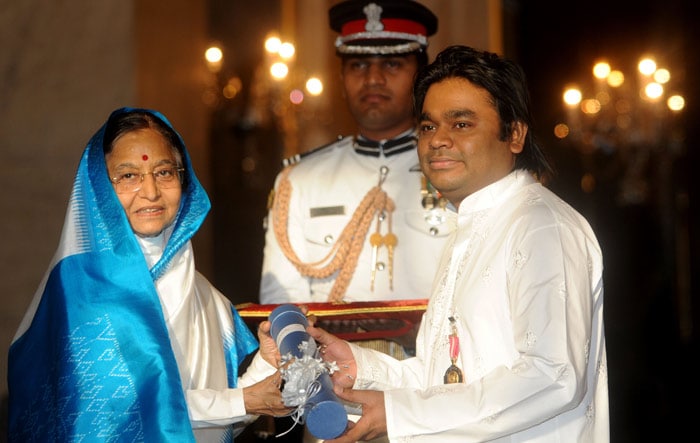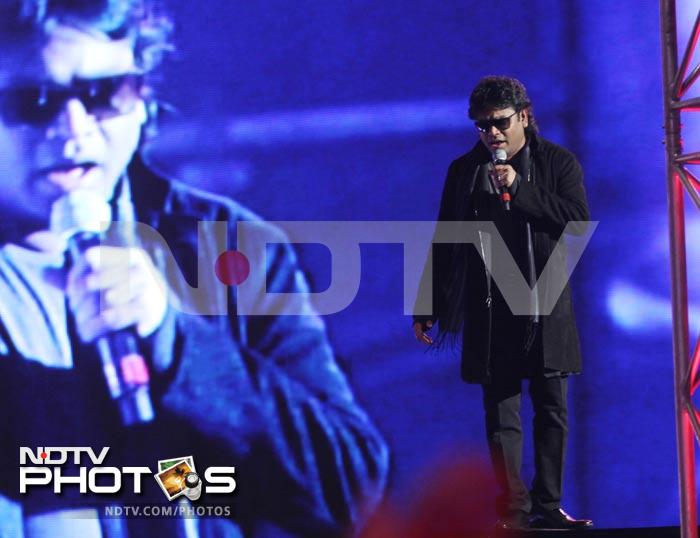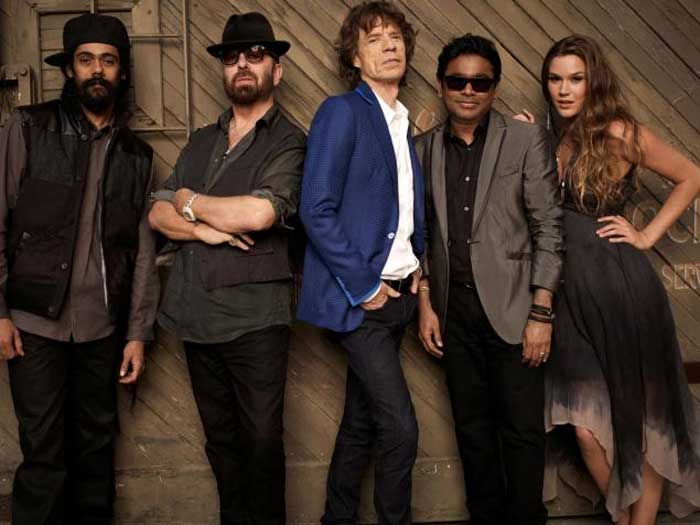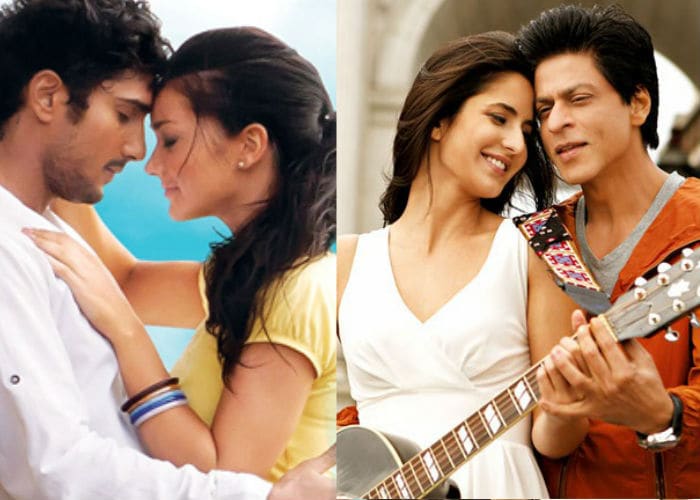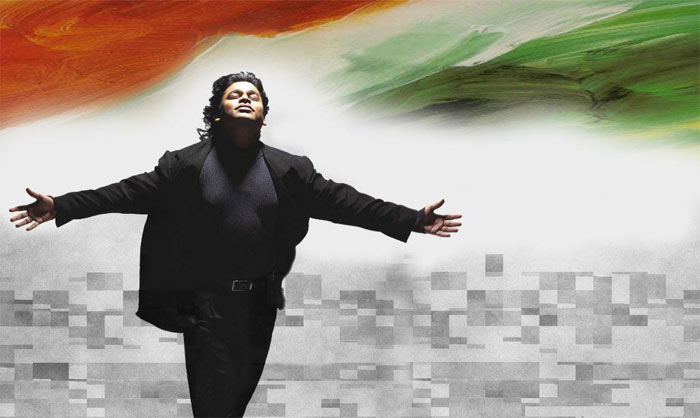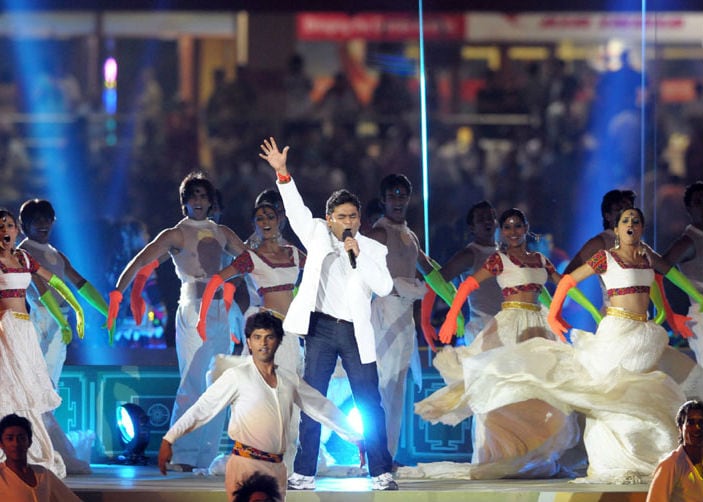At 49, A R Rahman is on a Musical High
The Mozart of Madras, also lovingly known as Isai Puyal in Tamil, A R Rahman turns 49
today. The music maestro has given some of the best musical compositions to Indian music
industry and is the contemporary international face for Indian music.
On his birthday, here is a look at his journey so far.
-
The Mozart of Madras, also lovingly known as Isai Puyal in Tamil, A R Rahman turns 49 today. The music maestro, who has given some of the best musical compositions to the Indian music industry, had a controversial 2015 and faced a religious backlash after he composed music for the film Muhammad: The Messenger of God.
On his birthday, here is a look at his journey so far. -
Allah Rakha Rahman was born as R S Dileep Kumar in Chennai in 1966 to a musically affluent Tamil family. His father R K Shekhar, was a Chennai based composer and conductor for Tamil and Malayalam films. Rahman's father died when he was 9 and his family rented out his father's musical equipments as a source of income.
-
His musical training began early under Master Dhanraj. At 11, he joined Ilaiyaraaja as a keyboardist. Ilaiyaraaja was one of many composers who rented Rahman's father's musical equipment. Rahman went on to accompany Zakir Hussain and L Shankar on world tours. He also won a scholarship to the Trinity College of Music where he graduated with a degree in Western classical music.
-
During his formative years, Rahman served as keyboardist and music arranger in bands such as Roots, with childhood friend and percussionist Sivamani. He also founded Chennai based rock band Nemesis Avenue in which he played the keyboard, piano, synthesizer, harmonium and guitar. He was particularly interested in the synthesizer for it's 'ideal combination of music and technology'.
-
Rahman went through a period of religious transformation in which he first became an atheist and then converted to Islam, his mother's religion. It was at the age of 23 that he changed his name from R S Dileep Kumar to Allah Rakha Rahman.
He paid tribute to his mother in his Oscar speech saying, "There is a Hindi dialogue 'mere pass ma hai' which means even if I have got nothing I have my mother here." -
A R Rahman is married to Saira Banu and they have three children, Khadijah, Rahima and Aameen. He has kept his family and private life well out of the media spotlight. In 1992, Rahman began his own music recording and mixing studio attached to the backyard of his house called the Panchathan Record Inn, which was developed into India's most advanced recording studio. He initially composed music jingles for advertisements, Indian Television channels and music scores in documentaries, among other projects.
That same year, he landed director Mani Ratnam's Roja and won the Rajat Kamal Award for Best Music Director at the National Film Awards - the first time ever for a debutant composer. -
In 1992, Rahman began his own music recording and mixing studio attached to the backyard of his house called the Panchathan Record Inn, which was developed into India's most advanced recording studio. He initially composed music jingles for advertisements, Indian Television channels and music scores in documentaries, among other projects.
That same year, he landed director Mani Ratnam's Roja and won the Rajat Kamal Award for Best Music Director at the National Film Awards - the first time ever for a debutant composer. -
Hot on Dil Se's heels came the percussive Taal (1999), in which music and song played as important a role as did it's heroine, Aishwarya Rai.
The same year, Rahman, along with choreographers Shobhana and Prabhu Deva and a Tamil cinema dancing troupe performed with Michael Jackson in Munich, Germany, for his Michael Jackson and Friends Concert. -
In 2002, he composed his maiden stage production Bombay Dreams (2002) following a commission from musical theatre composer Andrew Lloyd Webber, a success in London's West End. With Finnish folk music band Varttina, he wrote the music for The Lord of the Rings theatre production and in 2004, Rahman composed the piece Raga's Dance for Vanessa-Mae's album Choreography.
-
Rahman attached and opened a developed extension studio to his Panchathan Record Inn in 2005 called AM Studios in Kodambakkam, Chennai - considered to be the most developed, equipped and high tech studio in Asia.
In 2006, Rahman launched his own music label, KM Music. Its first release was his score to the film Sillunu Oru Kaadhal. -
2008 was a big year for the music maestro as he scored the music for English director Danny Boyle's Oscar award winning film, Slumdog Millionnaire. The songs Jai Ho and O…Saya from the soundtrack met with commercial success internationally, which brought him a slew of awards including Best Original Music Score and Best Original Song at the Oscars. He also won a BAFTA and a Golden Globe.
-
. In 2010, Oscar glory eluded AR Rahman's 127 Hours track If I Rise in the Original score and Original Song category. He lost the Original Score Oscar to Trent Reznor and Atticus Ross for The Social Network.
Though the BAFTA eluded him too, he bagged the Best Original Song award at the 16th Critics' Choice Awards for If I Rise. -
The same year, the musician once again put India in the spotlight by adding two songs to the album of international group SuperHeavy, which boasts of members like Rolling Stones legend Mick Jagger, English singer-songwriter Joss Stone, English musician Dave Stewart and Jamaican reggae artist Damian Marley.
-
Rahman has been involved in several projects besides films. He made an album Vande Mataram (1997) on India's 50th anniversary of Independence which earned commercial success. He followed it up with an album for the Bharat Bala-directed video Jana Gana Mana, a conglomeration of performances by many leading exponents of Indian classical music.
In December 2012, Rahman unveiled his first solo album in over 15 years, to promote his message of love and global brotherhood. During the making of the single, titled Infinite Love, Rahman personally interacted with his fans and tapped into their perspectives on topics such as creating a borderless world, understanding of karma and the importance of being human.
